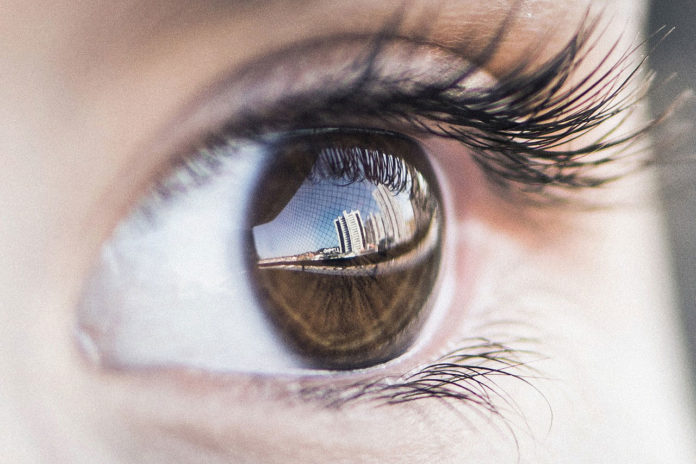Eyewitness memory is a person’s episodic memory for a crime or other dramatic event that he or she has witnessed. Improving eyewitness memory is difficult and often unsuccessful.
Sleep consistently strengthens and protects memory from interference, particularly when a recall test is used. However, the effect of sleep on recognition memory is more equivocal. Eyewitness identification tests are often recognition based, thus leaving open the question of how sleep affects recognition performance in an eyewitness context.
Scientists from the University of Bristol, in collaboration with the University of London and Universities of California, USA, and Birmingham- found that having a period of sleep, compared to a period of the wake, does not improve eyewitness identification accuracy.
Almost 4,000 participants were involved in a large-scale online experiment that measures the effect of sleep on eyewitness identification accuracy on exploring experimental eyewitnesses.
During the experiment, 2,000 participants were asked to watch a video of a mock crime, either slept (overnight) or remained awake (during the day) and were then tested on their memory for the perpetrator in the video on a line-up. Scientists also collected the data from the remaining 2,000 control participants. Unlike the experimental participants who had 12 hours between the video and the line-up test, these participants were tested right after watching the video.
While their ability to recognize honest and guilty suspects was superior to the members in the experimental groups, the gatherings were just as dependable. That is, notwithstanding, if the memory was tested 12 hours after first exposure, if a suspect was related to high confidence, they were exceptionally exact.
Professor Laura Mickes, a senior and corresponding author of the study in the School of Psychological Science, said: “Based on prior work that sleep improves memory, we predicted that it would work in this case too. It did not. There was no difference in memory performance between the sleep and wake groups.”
“There are two significant implications from our research: sleep does not benefit eyewitness identification, nor does it impact reliability. The fact that reliability is not affected by various factors – sleep vs. wake; short vs. long retention intervals is in line with a growing body of evidence that eyewitness reliability holds across a host of factors.”
“Our research suggests police should collect expressions of confidence in the initial identification because these are predictive of accuracy regardless if there was a delay between witnessing the event or not or if sleep took place. Additionally, the Crown Prosecution Service (CPS) should make use of this information in legal proceedings.”
The study highlights:
- There was no benefit of sleep on eyewitness identification accuracy. Participants who slept were just as likely as participants who remained awake to be able to distinguish innocent from guilty suspects.
- There were no differences between sleep and wake groups on eyewitness reliability. If a suspect was identified with high confidence, they were likely to be the guilty, not innocent, suspect, regardless if participants slept or not.
- The sleep and wake groups were the experimental groups. Participants in these groups had a 12-hour interval between witnessing the mock crime and taking the line-up test. There were also AM and PM controls, the control groups. Participants in these groups had only a five-minute interval between witnessing the mock crime and taking the line-up test. Despite this difference, there were no differences in reliability between the experimental and control groups: If a suspect was identified with high confidence, they were likely to be accurate. If a suspect was identified with low confidence, they were less likely to be accurate.
Scientists are further planning to conduct large-scale replication of basic memory experiments that have shown a sleep benefit. They reported about the discovery in the Royal Society Open Science.
